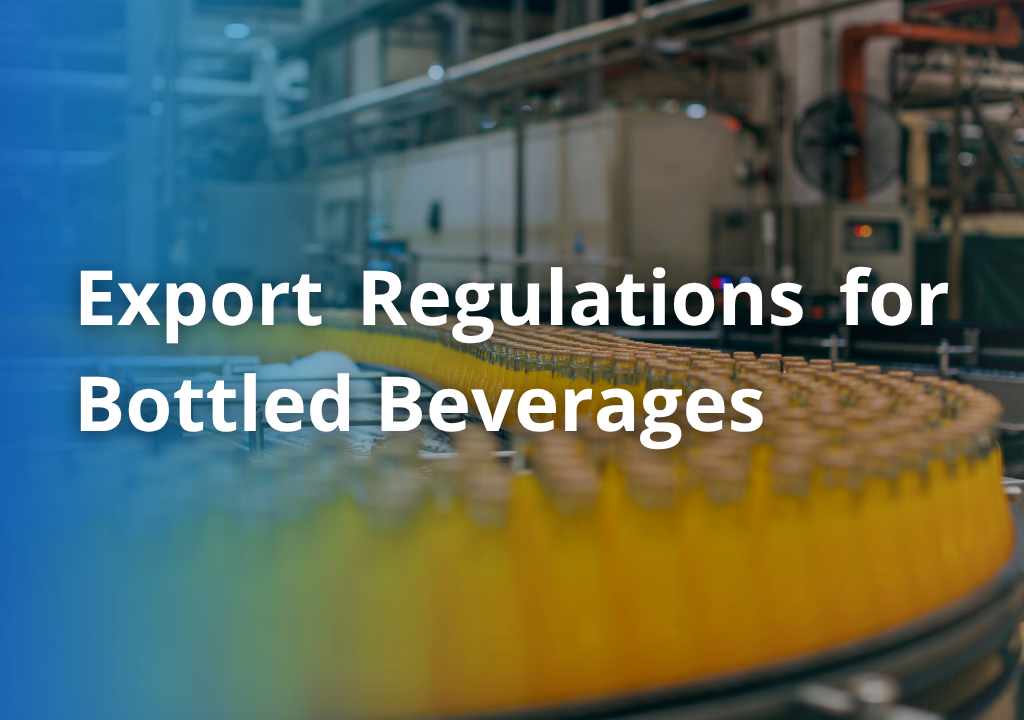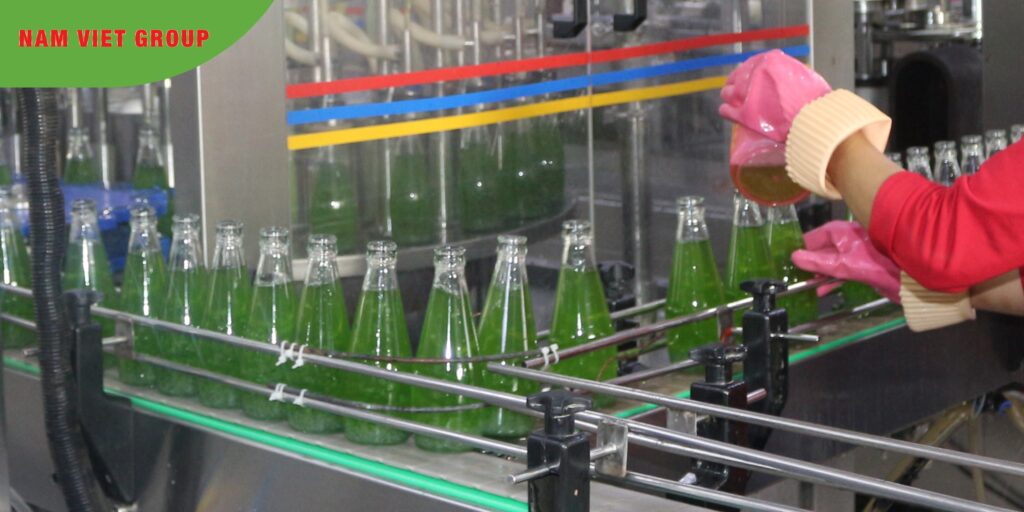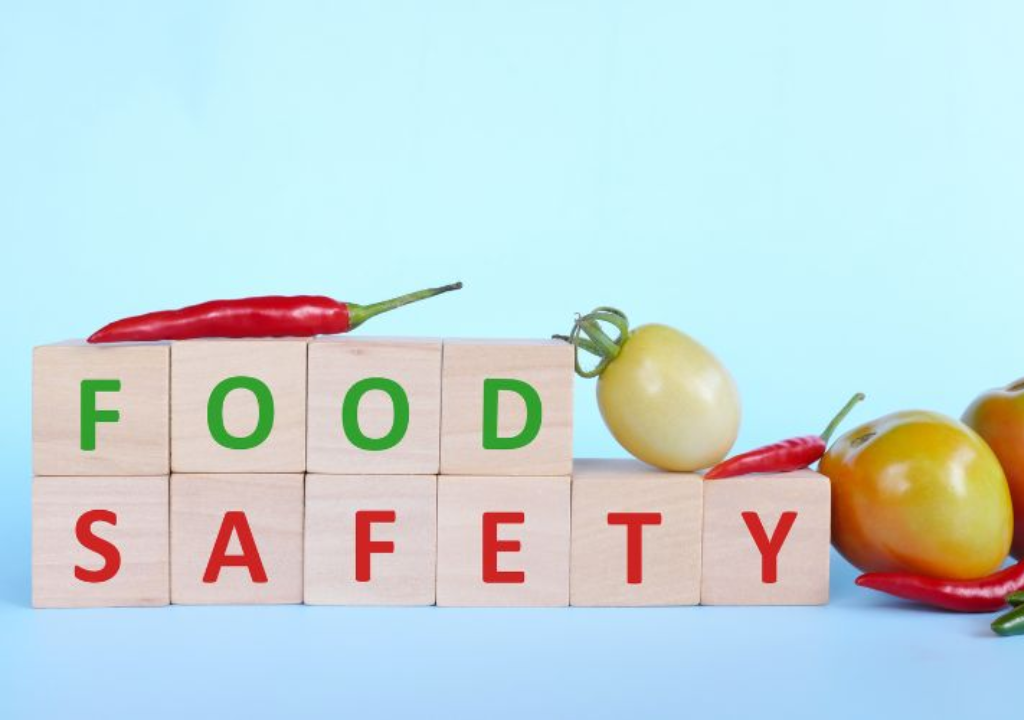Export Regulations for Bottled Beverages: FDA, TTB, and EU Standards Explained

FDA Export Requirements for Bottled Beverages
The U.S. FDA 21 CFR Part 129 sets Good Manufacturing Practices (GMP) for bottled water and other non-alcoholic beverages. These regulations focus on sanitary operations, source water protection, treatment protocols, and regular microbiological testing.
Key points from FDA guidelines:
- Microbial testing every week on finished products for coliform and other bacteria.
- Use of approved source water, protected from contaminants.
- Maintenance of sanitary bottling equipment and facilities.
- Bottled beverages sold in the U.S. and for export must follow labeling rules under 21 CFR Part 101 and Part 165.
For export, the FDA also provides:
- Export Certificates for eligible food and beverage facilities.
- Inclusion in the Export Lists when required by importing countries.

TTB Labeling Requirements for Alcoholic Beverages
If you are exporting alcoholic beverages like malt drinks or hard seltzers, the TTB Certificate of Label Approval (COLA) is mandatory. According to the TTB, any container of beverage alcohol exported from the U.S. must meet federal labeling standards.
Requirements include:
- Approval of the product formula, if applicable.
- A registered label design meeting health warning and ingredient disclosure.
- Proof of certificate issuance before exportation.
Even for international markets, many importers demand a copy of the U.S. COLA to ensure labeling transparency.
EU Directive 2009/54/EC: Bottled Water Regulation in Europe
For exporting to the European Union, Directive 2009/54/EC regulates the marketing of natural mineral waters. This regulation mandates:
- Recognition of mineral water sources by member states.
- No chemical disinfection methods permitted (e.g., no ozone or UV sterilization).
- Full mineral composition disclosure on labeling.
- Periodic microbiological analysis conducted in certified laboratories.
Failure to comply with EU standards can result in denial of market entry or product recalls.
International Beverage Export Compliance Best Practices

To meet international bottled beverage export requirements, companies should:
- Implement HACCP and ISO 22000 for food safety and traceability.
- Conduct a full ingredient disclosure and allergen analysis.
- Ensure label translations match local language requirements.
- Work with customs brokers or export agents to manage paperwork and clearances.
For emerging markets like Southeast Asia or the Middle East, each country may have additional Halal, registration, or shelf-life stability requirements.
For beverage exporters, aligning product labeling with FDA and EU standards is essential. For example, Nam Viet Group has built an export-ready portfolio that meets global requirements, from bottled coconut water to functional drinks.
Conclusion
Staying compliant with export regulations bottled beverages means staying competitive globally. From adhering to FDA 21 CFR Part 129 in the U.S., securing COLA approval from TTB, to meeting strict EU labeling laws, exporters must invest in knowledge, documentation, and constant regulatory updates. By aligning your manufacturing and labeling processes with these international standards, your brand can expand into new markets with confidence.
Source: fda.gov; ttb.gov, eur-lex.europa.eu

